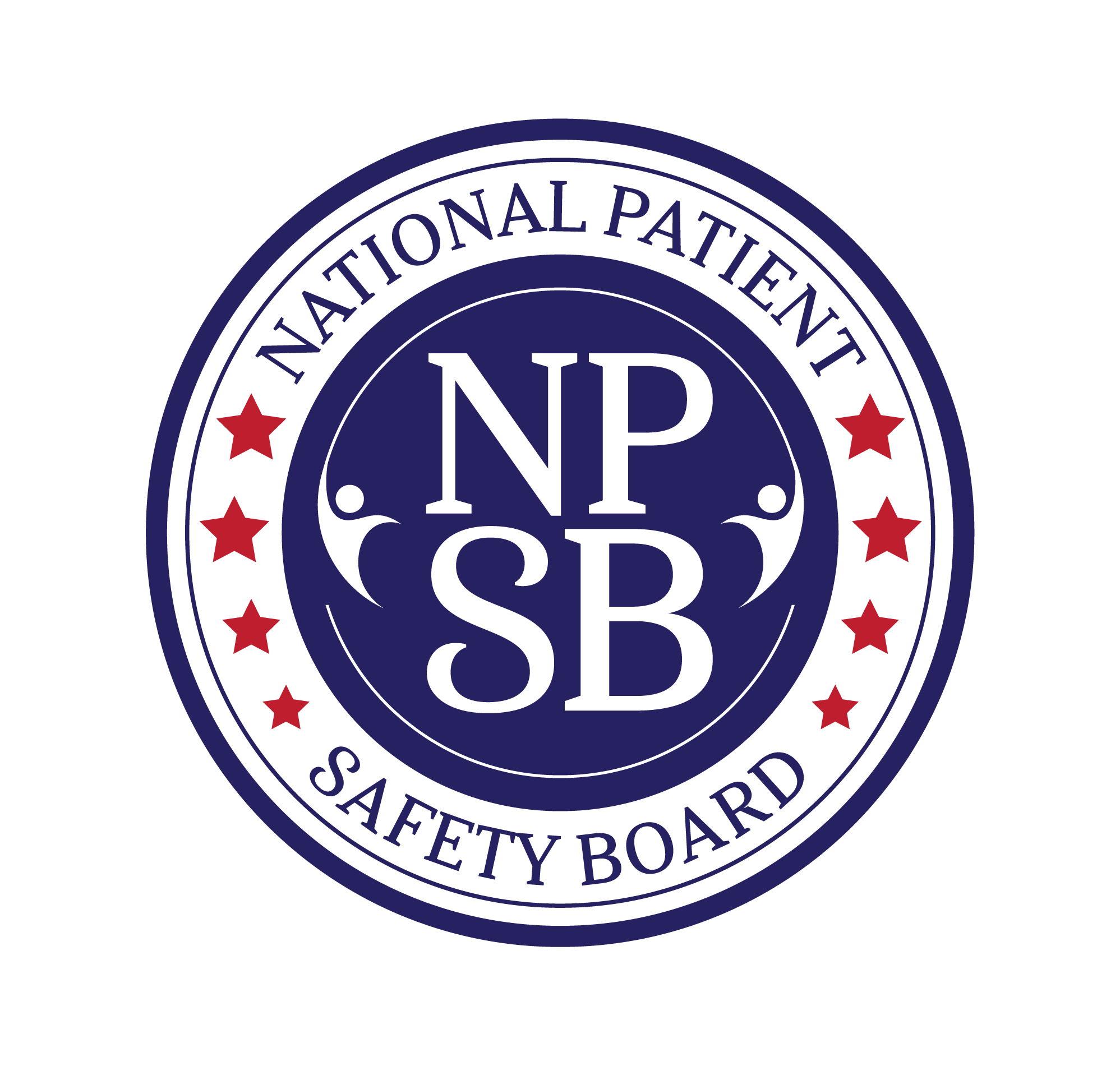National Patient Safety Board
Prior to the COVID-19 pandemic, medical error was the third leading cause of death in the United States, with conservative estimates of more than 250,000 patients dying annually from preventable medical harm and costs of more than $17 billion to the U.S. healthcare system. Recent data have shown that patient safety worsened during the pandemic. We have seen many valiant efforts to reduce the problem of preventable medical error, but most of these have been focused on the actions of the frontline workforce. This reliance on individuals is part of why efforts to sustain, spread, or standardize progress have been unsuccessful. The healthcare workforce is in crisis, and healthcare safety is suffering.
Other industries have seen dramatic improvements in safety. The aviation industry has had a stellar safety record thanks to the work of the National Transportation Safety Board (NTSB) and Commercial Aviation Safety Team (CAST), which together have been improving and promoting transportation safety in the United States for more than 25 years.
A proposed independent federal agency, the National Patient Safety Board (NPSB), would model the NTSB and CAST within health care. The NPSB would support existing agencies in monitoring and anticipating adverse events with artificial intelligence, conduct studies, create recommendations and solutions to prevent medical error, and leverage existing systems to bring key learnings into practice. The NPSB would guarantee a data-driven, scalable approach to preventing and reducing patient safety events in healthcare settings—and will save lives.
In early 2021, a growing coalition of leading healthcare organizations and experts began to advance and call for the creation of the NPSB. For more information, please visit www.npsb.org.
We invite you to Get On Board with us today.
PRACTICE TRANSFORMATION
The Pittsburgh Regional Health Initiative (PRHI) offers an array of support services related to organizational development and healthcare transformation focused on consistent application of a structured approach to quality improvement. Our comprehensive services and highly-skilled team of professionals brings a broad spectrum of relevant experience, reflective of years of on-the-ground practice and learning about what it takes to implement, spread, and sustain practice improvement. Helping providers shift from focusing on acute health episodes to long-term patient engagement has wide-ranging benefits.
PRHI uses multiple approaches to learning and engaging activation for self-care, including collaborative conversation techniques and behavioral health activation tools. Workshops are structured in a way that promotes discussion, practice, reflection, and experiences toward the ideals of patient collaboration and activation with their providers. Onsite training is augmented by virtual discussions and online community engagement. PRHI’s coaching strategy involves real-time, point-of-care observation, feedback, and demonstration.
We are committed to patient-centered care and have learned firsthand the positive impact that patient-centered, efficient, and evidence-based care delivery can have on patient outcomes and experience. This knowledge has also helped us to know the challenges that come with implementing and sustaining this type of delivery when faced with a fragmented healthcare system, inadequate volume-based reimbursement structures, and an ever changing healthcare policy landscape rife with uncertainty.
To support organizational teams in navigating these challenges, we tailor our approach to the needs of healthcare organizations with a focus on building the internal capacity for an organization to develop its people and its adaptive reserve for continuous improvement. We provide relevant classroom training and skill development, supported by in-person and virtual coaching to develop structured and sustainable quality improvement efforts across all levels of the organization. Current projects include:
- Coaching and training partnership with a county public health department as they redesign their clinical programs
- Quality Improvement capacity building with 16 primary care practices in an AHRQ funded partnership with the Department of Family and Community at the Penn State College of Medicine
- Technical assistance to prepare clinicians for value‐based payment initiatives, greater information sharing with patients and other providers, and ongoing practice improvement activities through a subcontracting role as part of the NRHI High-Value Care Support and Alignment Network, a CMMI grantee, to lead its “Transforming Clinical Practice Initiative”
- Training and coaching in conjunction with Allegheny Health Choices, Inc. for Conference of Allegheny Providers mental health and substance use disorder provider organizations to develop the internal ability of behavioral health organizations to track and act upon common metrics across a network of agencies
- Coaching and training partnership with HealthVisions Delmarva for practice transformation with 360 clinical providers
| Contact: | Jennifer Condel, SCT(ASCP)MT 412-594-2589 |